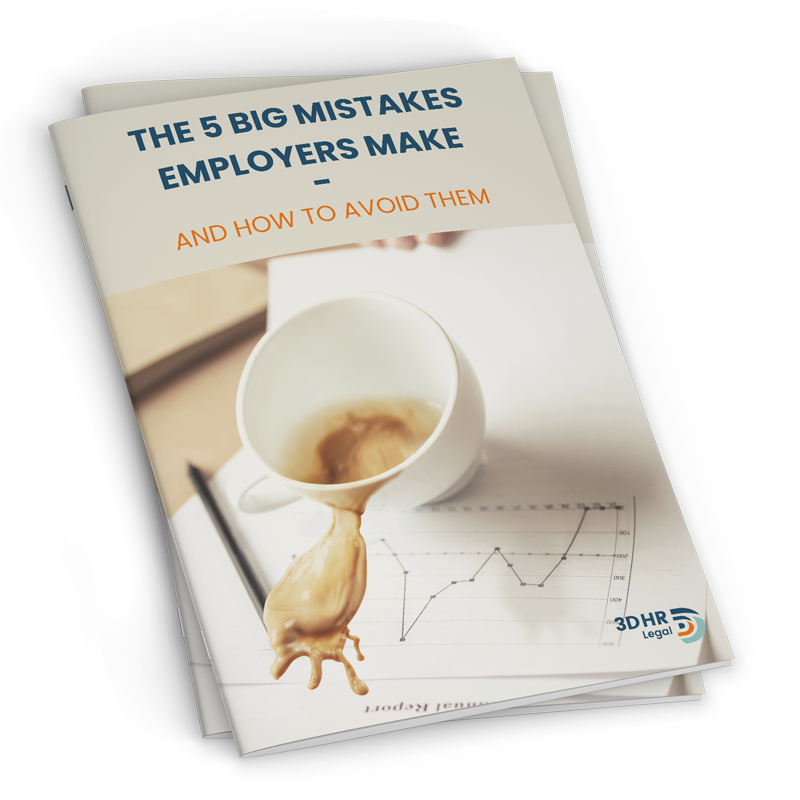Does your workplace or organisation offer the flexibility of working from home, or “WFH” as it has commonly become known?
Working from home (WFH) is now entrenched as a standard working arrangement for a majority of Australian office workers. However, some businesses may have developed a few bad habits when it comes to establishing WFH arrangements.
In the past two years we have seen a lot of employers send their employees home with a laptop, with a vague hope and dream that the employees will all keep working productively and safely, and stay connected. But this kind of action won’t work for the long term.
If you want a business and team set up for regular WFH, with a thriving workplace culture and satisfied employees, then it’s important that you consider these foundational legal requirements.
Physical Health and Wellbeing of your Employees
- Make sure that your employee has an appropriate workspace and that their desk, chair and other office equipment are all ergonomically designed.
- Any part of the home they need to utilise during an ordinary working day needs to be safe and secure. You can still be prosecuted for failing to provide a safe workplace when it is the employee’s home.
- You need to do a safety assessment. Consider asking employees to complete a self-audit checklist of their home before starting WFH.
Mental Health and Wellbeing of your Employees
- Someone who is a little lonely might be a bit disengaged at work and not meet their full potential, however, for someone struggling mentally this may start to show up as taking extra sick leave, or possibly even a workers’ compensation claim.
- Your job is to consider the hazards and risks of WFH as they affect mental health and do what you can to eliminate or minimise those hazards and risks.
- Your employee mental health is STILL your responsibility when they are WFH.
Is employee surveillance realistic or necessary?
- While business owners and employers have a right to protect the security of their property and information, employees also have a right to privacy.
- Recording your employees or even monitoring their movements via keystroke technology can not only lead to a breach of trust, but could also be a breach of privacy laws and/or surveillance laws.
- Employers must have a legitimate purpose if they plan to use some kind of surveillance and must ensure that they’ve told the employee what they are doing and received their consent.
Hours of work and pay rates when working remotely
- WFH tends to allow for a lot of give and take. However, this kind of flexibility may have unintended consequences.
- Where an employee’s work is covered by an award or other agreement, there may be obligations to pay overtime or penalty rates when working outside a specified spread of hours.
- You can’t avoid that obligation simply by saying the employee wanted to work those hours. Be clear on what the hours of work are and the accompanying pay rates. Write your employment contracts to protect the business in these types of circumstances.
Other Important Considerations and Legal Requirements
Once you understand your legal obligations you need to make sure you properly communicate to your employees how you are going to comply. The easiest way to do this is with a clear WFH policy and individual employment contracts that cover all these issues and others that may apply to your individual circumstances.
Clear expectations always make for better employment relationships.
How can we help your business?
Jo and her team at 3D HR Legal, are leaders in their field when it comes to human resource management and the law, helping demystify the legal requirements for businesses around Australia.
If there is something that you need help with in your business, reach out to us here. We would love to help you.


Recent Comments